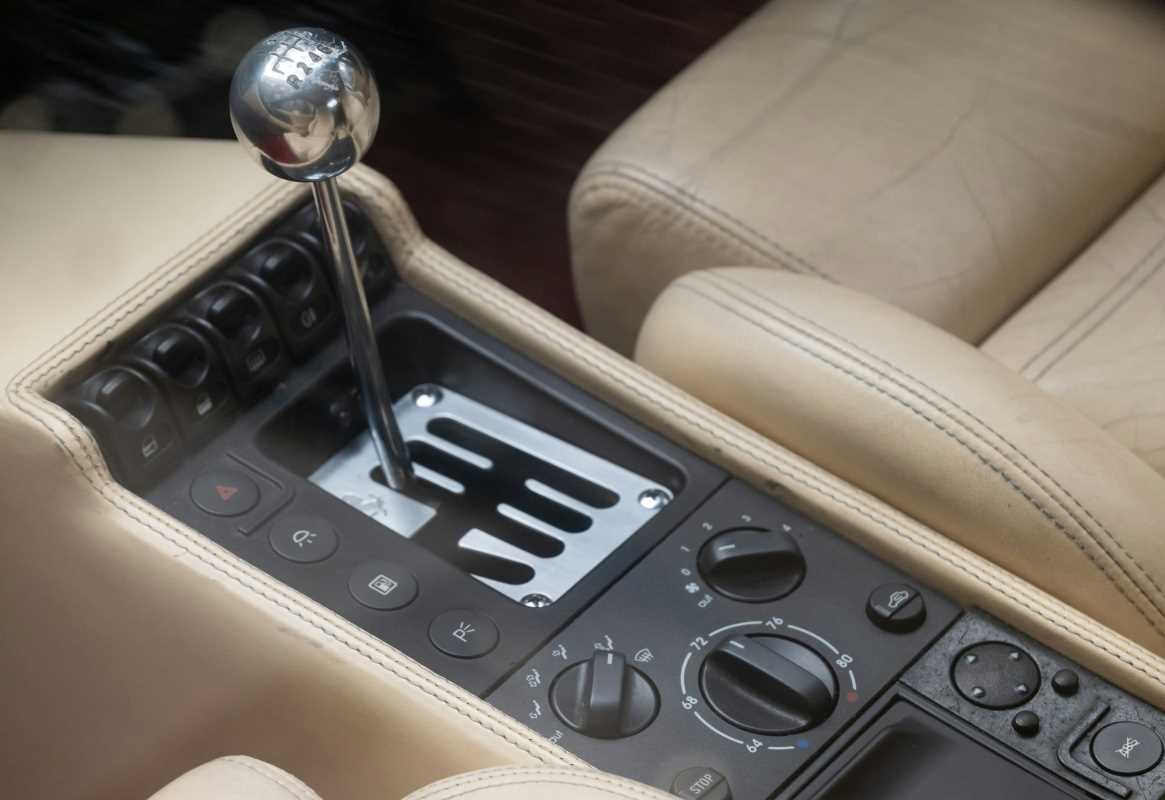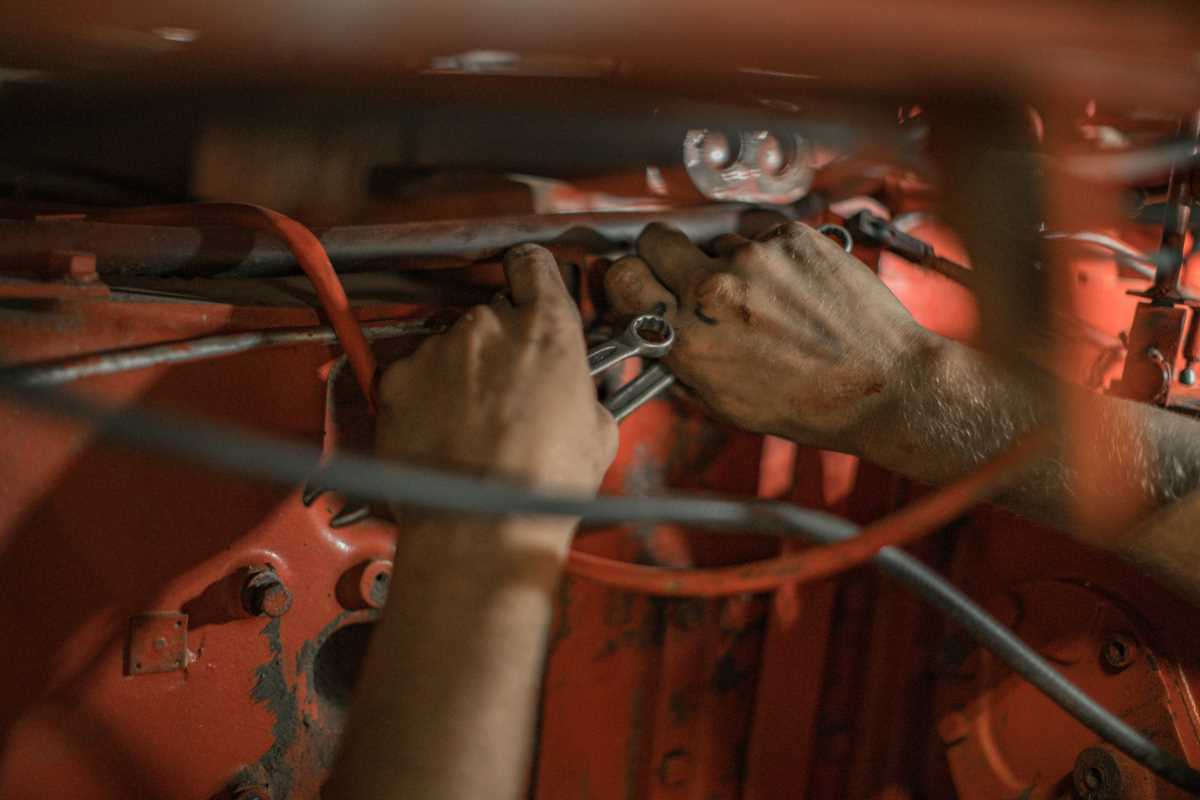Your car’s transmission is like the behind-the-scenes director of a dazzling stage play. When everything runs smoothly, you hardly notice it. But when something goes wrong, it disrupts the performance, leaving you stranded on the metaphorical side of the road. The transmission is responsible for shifting gears, distributing engine power to keep your wheels turning.
When it starts showing signs of trouble, ignoring it is not an option. Spotting the warning signs early can save you from costly fixes or even a transmission overhaul. Here are the biggest red flags to watch out for.
Slipping Gears Can’t Be Ignored
If your transmission were a DJ, "slipping gears" would be its party foul. Instead of sticking to the beat, it’s dropping rhythm and confusing everybody on the dance floor. A slipping transmission can cause your car to suddenly change gears without warning or struggle to stay in the intended gear. Both scenarios can be dangerous, especially if it happens while driving on a busy road or highway.
You might notice your RPMs (revolutions per minute) climbing higher than usual, even when your speed remains constant. Or perhaps your car feels like it’s accelerating inconsistently, almost like it has a mind of its own. If you’re not channeling Knight Rider vibes, this is the first big cue to call a transmission specialist.
Ignoring gear slipping can not only make driving unpredictable but also lead to severe transmission wear and tear over time. And trust us, replacing a transmission costs more than most people are willing to spend on a vacation.
Strange Noises When Shifting
Cars are a lot like people. When they’re under stress, they make it known. One of the earliest warning signs of transmission trouble is unusual noises, particularly when shifting gears. These can range from grinding to clunking to whining. Each noise paints a slightly different picture of what might be going wrong.
Grinding noises can indicate worn out or damaged gears within the transmission, while clunking may point to issues with the torque converter or internal hardware. Whining, especially when accelerating, sometimes means low fluid levels or a leak. It’s a symphony of despair that only your mechanic can translate into actionable fixes.
If these sounds are happening regularly, it’s best to schedule a checkup sooner rather than later. No, crossing your fingers and turning the radio louder is not a long-term solution.
Fluid Leaks Spell Trouble
Transmission fluid is the lifeblood of your vehicle’s shifting system. It keeps everything lubricated, cooled, and operating smoothly, much like a good cup of coffee keeps you running on Monday morning. If you start noticing reddish-pink puddles collecting under your parked car, your transmission could be losing its precious fluid.
Low transmission fluid isn’t just about irritating stains in your driveway. Without proper lubrication, your transmission will overheat, leading to burnt fluid, damaged parts, and eventual system failure. If that puddle smells burnt or looks dark, the clock is ticking even faster on addressing the problem.
The fix might be as simple as replacing a gasket, hose, or seal. But left unchecked, a significant leak could leave you with a dry transmission, which is a recipe for disaster. Keeping an eye on your driveway can help head off bigger issues early.
Delayed Engagement Feels Awkward
Have you noticed a delay between shifting your car into gear and it actually moving? That’s what’s known as delayed engagement. Imagine stepping out of bed in the morning and needing five seconds before your legs respond. It’s not normal, and it’s definitely not good for your car.
This lag often happens when shifting into drive or reverse, and it’s usually caused by low transmission fluid, a plugged filter, or internal hydraulic issues. Whatever the case, delayed engagement can create awkward and even dangerous situations when trying to merge into traffic or back out of a driveway.
If you’ve experienced this, consider it a major nudge to get your transmission inspected. It’s better to address the issue when it’s just a “delay” rather than when it becomes a complete refusal to engage.
Warning Lights That Won't Quit
Ah, the dreaded dashboard warning light. Seeing it illuminate is like receiving an email subject line that reads, "We need to talk." Your car’s computer is trying to get your attention, and it won’t go away on its own.
Many modern vehicles come equipped with transmission warning lights to alert you when something’s amiss. While it’s easy to assume all dashboard lights are just passive-aggressive reminders about maintenance, ignoring this one is like ignoring a crying baby. Plugging in a diagnostic tool or taking your car to a professional can uncover what’s really going on.
Sometimes the issue is minor, like a transmission fluid temperature that’s slightly out of range, or something bigger, like an internal sensor failure. Either way, driving with that warning light on is rolling the dice, and eventually, the odds won’t be in your favor.
Final Thoughts on Spotting Trouble
Diagnosing transmission trouble may not be as glamorous as upgrading your car’s stereo or polishing the rims, but it’s arguably the most important thing you can do to keep your vehicle in good shape. Slipping gears, strange noises, fluid leaks, delayed engagement, and dashboard warnings are all cries for help from your transmission. And the sooner you answer them, the better.
Think of your transmission like the heart of your car. Neglect it, and the rest of the vehicle faces an uphill battle. But with timely repair or maintenance, you can extend its life and enjoy many more miles of smooth operation. Don’t wait for a complete breakdown; treat every sign as an opportunity to keep your car on the road and out of the repair shop. After all, nothing feels luckier than avoiding a costly repair, especially when it’s preventable.







